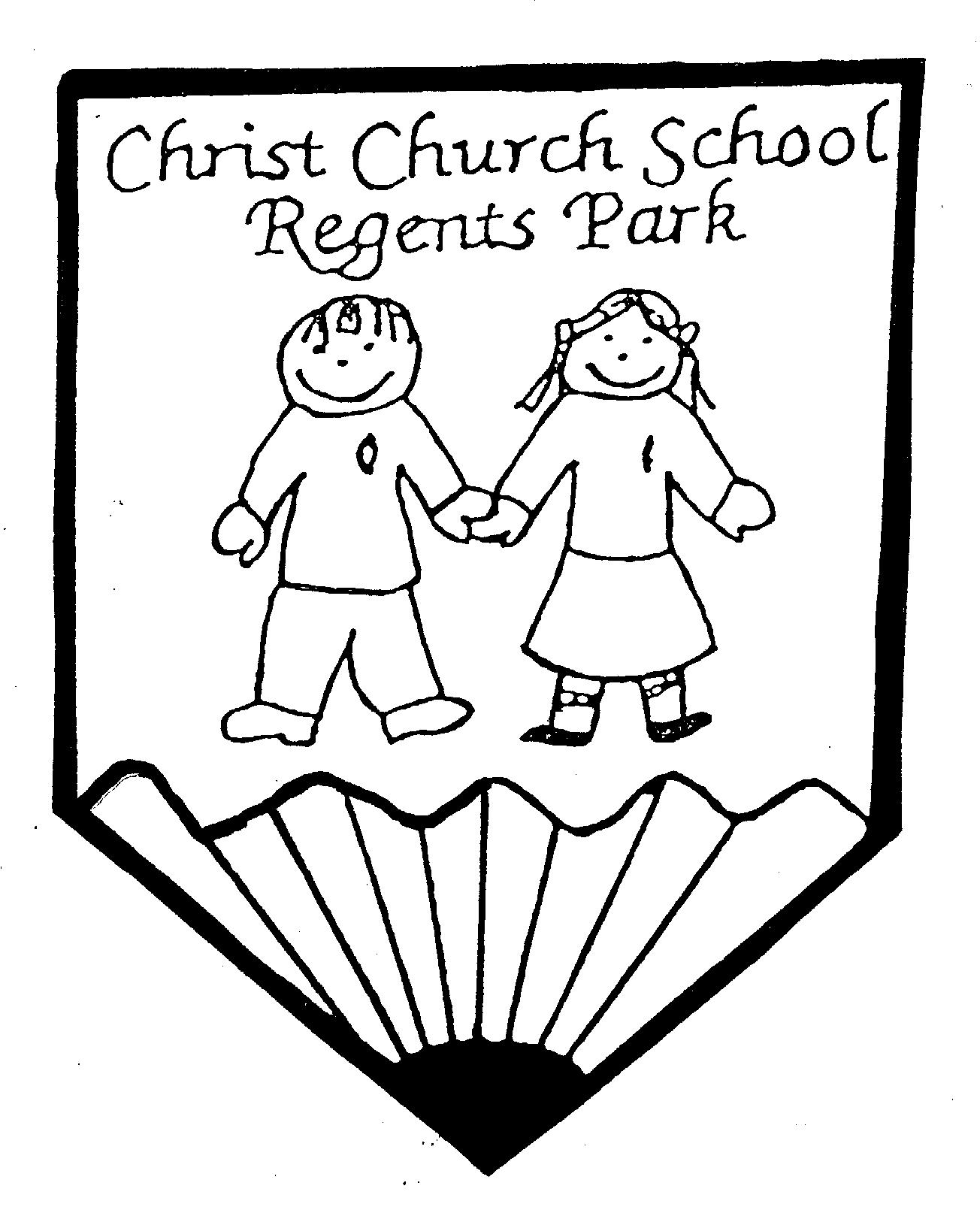Maths
The Christian faith is at the heart of our school community.
At Christ Church we all care, learn and work together for God and others.
‘For we are all God’s handiwork, created in Christ Jesus to do good works, which God prepared in advance for us to do’. Ephesians 2:10
Our Christian Values are
Creation, Community, Wisdom, Endurance, Thankfulness, Reconciliation
 Curriculum Intent
Curriculum Intent
The 2014 National Curriculum for Maths aims to ensure that all children:
- Become fluent in the fundamentals of mathematics
- Are able to reason mathematically
- Can solve problems by applying their mathematics
At Christ Church these skills are embedded within Maths lessons and developed consistently over time. We are committed to ensuring that children are able to recognise the importance of Maths in the wider world and can use their mathematical skills and knowledge confidently throughout their lives in different contexts.
We want all children to enjoy mathematics, use their ability to reason mathematically and solve problems. We are committed to developing children’s curiosity about the subject, as well as an appreciation of the beauty and power of mathematics. We want all children to become fluent and experience success in the subject.
Curriculum Implementation
At Christ Church, children study mathematics daily covering a broad and balanced mathematical curriculum including elements of number, calculation, geometry, measures and statistics. We focus not only on the mathematical methods but also on mathematical vocabulary. We use the Maths Mastery approach to broaden and deepen mathematical understanding.
We aim for each child to be confident in every yearly objective and develop their ability to use this knowledge to increase their ability to solve varied fluency problems as well as problem solving and reasoning questions. We use White Rose Maths scheme alongside a range of textbooks and online resources throughout the school to ensure a curriculum that is consistent and specific to each child’s learning needs.
The mastery approach helps to children explore and demonstrate mathematical ideas, enrich their learning experience and deepen understanding. Together, these elements help cement knowledge so pupils truly understand what they’ve learnt. All pupils, when introduced to a key new concept, should have the opportunity to build competency in this topic by taking this approach. Pupils are encouraged to physically represent mathematical concepts. Objects and pictures are used to demonstrate and visualise abstract ideas, alongside numbers and symbols.
Concrete – children have the opportunity to use concrete objects and manipulatives to help them understand and explain what they are doing.
Pictorial – children then build on this concrete approach by using pictorial representations, which can then be used to reason and solve problems.
Abstract – With the foundations firmly laid, children can move to an abstract approach using numbers and key concepts with confidence.
Schools in England are required to administer an online multiplication tables check (MTC) to year 4 pupils. The purpose of the MTC is to determine whether pupils can recall their times tables fluently, which is essential for future success in mathematics. The MTC will help schools to identify pupils who have not yet mastered their times tables, so that additional support can be provided. We use some of the most effective methods to support the children with their times table recall, develop children’s working memory and understanding of times table facts, such as counting at speed and quick fire questioning which help to extend children’s understanding of multiplication.
Curriculum Impact
Throughout each lesson formative assessment takes place and feedback is given to the children through marking and next step tasks to ensure they are meeting the specific learning objective. Teacher’s then use this assessment to influence their planning and ensure they are providing a mathematics curriculum that will allow each child to progress. The teaching of Maths is also monitored on a termly basis through book scrutinies, learning walks and lesson observations. Each term children complete a summative assessment (PUMA test) to help them to develop their testing approach and demonstrate their understanding of the topics covered. The results from both the formative assessment and summative assessment is then used to determine children’s progress and attainment.
The expectation is that the majority of pupils will move through the programmes of study at broadly the same pace. However, decisions about when to progress should always be based on the security of pupils’ understanding and their readiness to progress to the next stage. Pupils who grasp concepts rapidly should be challenged through being offered rich and sophisticated problems before any acceleration through new content. Those who are not sufficiently fluent with earlier material should consolidate their understanding, including through additional practice, before moving on.
